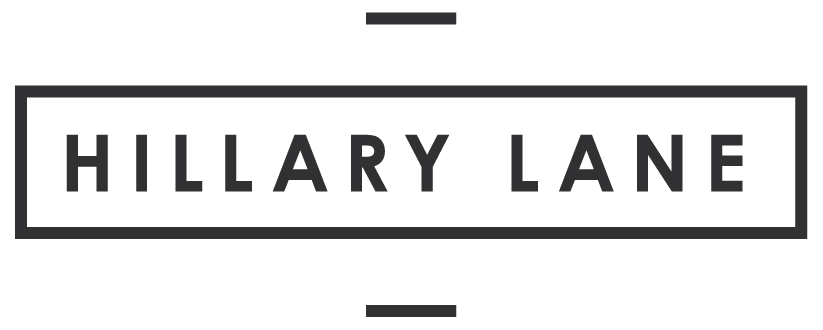Last month we took a look at some of the considerations when purchasing a tenanted investment property. This month we’ll take a closer look at some of the pros and cons of this type of investment.
To help you have some framework for this complex decision, we’ve broken it down into a list of the Pros and Cons of buying an investment property below:
Pros
- Your tenant(s) monthly rent helps cover your mortgage payments. This means you have an additional income stream helping you build equity and/or resulting in cash every month. For this reason real estate can be a very appealing and lucrative option.
- Real estate is a coveted commodity and could be considered a relatively safe investment, particularly in the GTA. Immigration projections and current housing supply trends indicate that there will likely be a growing demand for rentals and homes. No investment is risk-proof, however the appreciation of GTA housing over the past 20 years has been unprecedented.
- Real estate is a tangible asset that you can nurture and monitor. You can get involved in your condo board, local community network, and neighbourhood to help bolster your property value. There may be opportunities to add value by renovating or restyling your rental property. This can increase the value when you are ready to sell as well as maximize your rental potential.
- Real estate investing is a topic that’s flush with resources and may be easier to research than some more complicated investments. Given how well GTA real estate has performed, it’s a constant topic of discussion on podcasts, in media, and within the investment community. It may feel more approachable than bitcoin, for example, or something more complex.
- It’s an investment with various options including use, location, and duration of investment. Depending on the property, you can have short-term or long-term rentals, host events, use as a space for film/photography, or use for accommodations for family or friends.
- You can leverage your property/equity to grow your portfolio. If you are able to improve the property, capitalize off gains in value, or increase your monthly income, you can refinance and/or use your equity to qualify for further investment properties.
Cons
- Up front capital required and mortgage qualification can be barriers to entry. It’s more difficult to qualify for a mortgage and rates are typically higher than for your primary residence. It’s very important to work with a mortgage broker who understands how to creatively position your qualification and maximize your opportunities.
Note: You’ll typically need at least 20%+ of the purchase price as a down payment. If you’re looking at commercial properties, you’ll likely need 25-50% down. - Investment properties don’t qualify for First Time Home Buyer rebates and plans.
- There are additional tax considerations. Any revenue collected counts as income, so it is subject to taxes. When it comes time to sell your investment, any appreciation will fall under Capital Gains taxes.
- Depending on your situation, investment properties can require a lot of attention, knowledge, and maintenance. Ensure that you understand exactly what you are getting into.
Note: There are lower maintenance options such as a condo or using a property management company. - If you have a long-term tenant covered under the RTA (Residential Tenancy Act) the vast majority of rights currently available protect tenants. If you end up in a situation where you need to pursue legal action due to non-payment of rent or communication issues, it can take close to a year to resolve the issue.
- Whichever bank or institution lends you money, they will likely only consider up to 50% of rental income when determining how much this income supports your mortgage qualification.
While this is not an exhaustive list, it’s certainly enough to get you started. Are you interested in buying a rental property? Do you want some more clarity on your situation and what’s involved before investing? We can help! Connect with me through email at hillary@hillarylane.ca or by phone 416-882-4707.
Photo by Towfiqu barbhuiya on Unsplash






